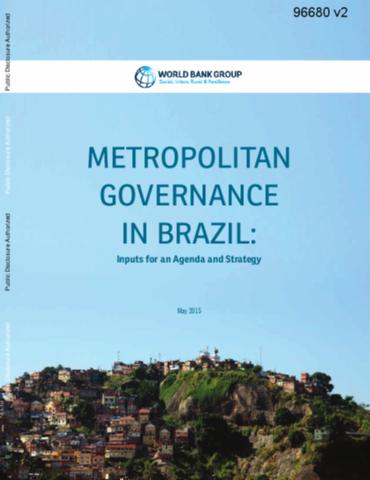Initial Market Assessment
Donors could assist in clarifying the
role, building the capacity, and potentially helping to
secure funding of key disaster risk management organizations
in Ghana. Engagement in Ghana to develop private sector
property catastrophe risk and agriculture insurance should
be seen as a medium term engagement. Banking penetration is
low, as is insurance and micro-insurance penetration, even
when compared to regional countries. That said, Ghana has




